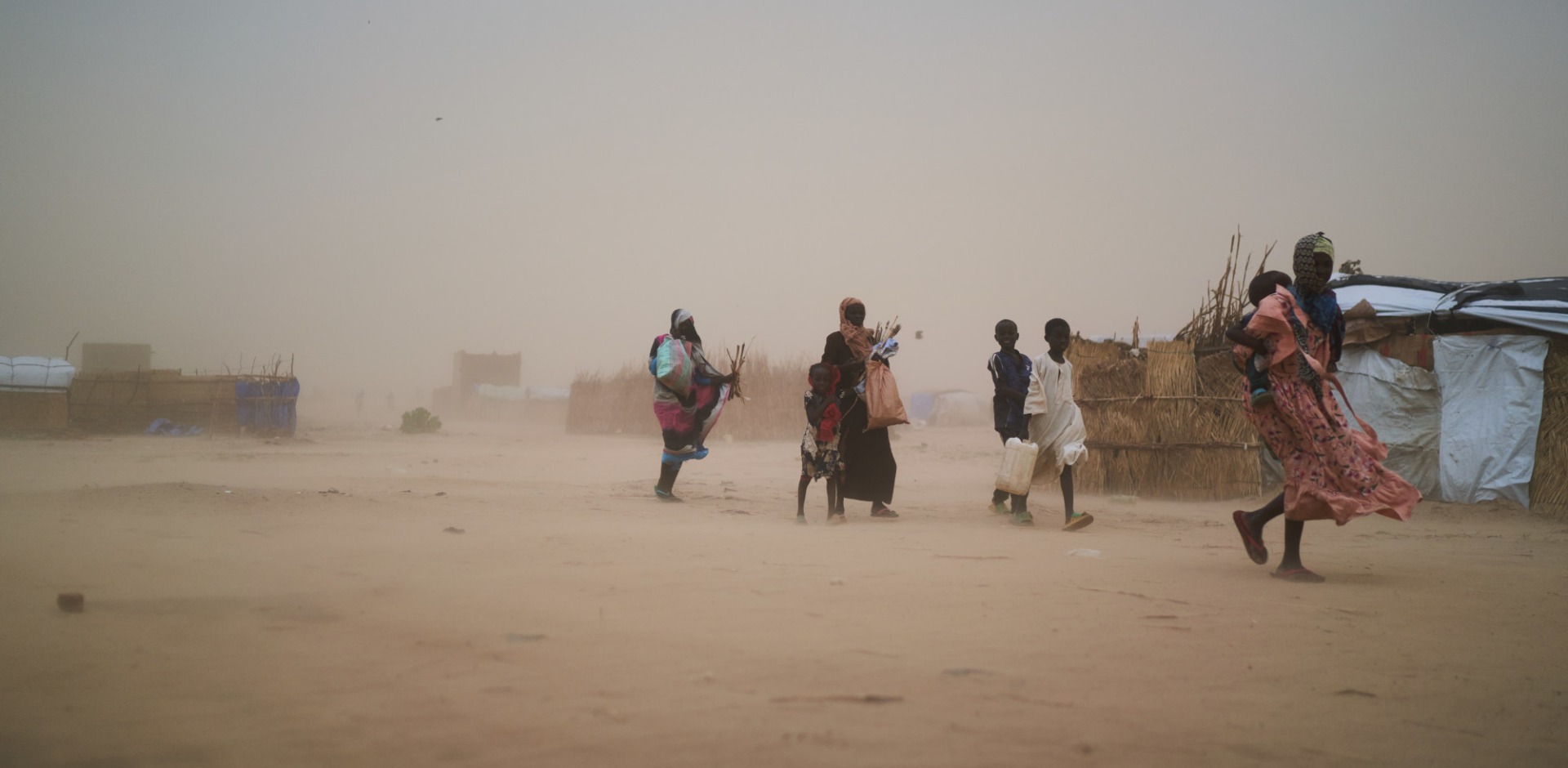
FAMINE IN SUDAN
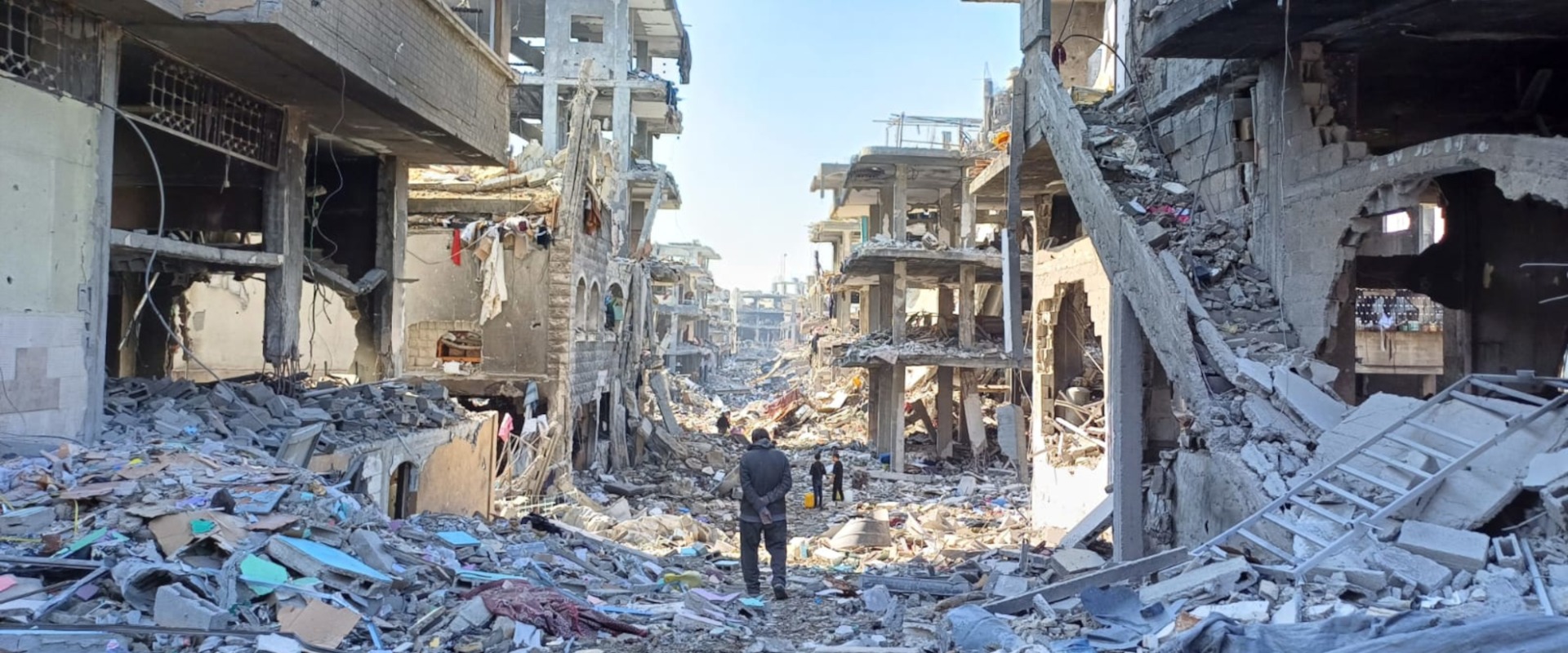
Toronto, March 4th 2025. Since the ceasefire began in January, Gaza’s humanitarian situation had been improving. However, the recent decision to suspend the entry of humanitarian aid, announced on March 2nd, 2025, threatens to reverse the progress that has been made, endangering the lives of millions of Palestinians in Gaza as well as the work of humanitarian organizations.
The ceasefire had allowed more fuel into Gaza, essential for the functioning of health, water and sanitation infrastructures, and for the movement of humanitarian personnel to get aid to previously isolated areas of Gaza. “We were able to get a generator running so that, for example, a well in Gaza City would work. These are types of interventions that you couldn’t do before,” explains an Action Against Hunger worker in Gaza. He adds: “Before, you couldn’t reach the communities in need because there was no fuel, and your access was limited by the amount of fuel you could put in your car or water truck.”
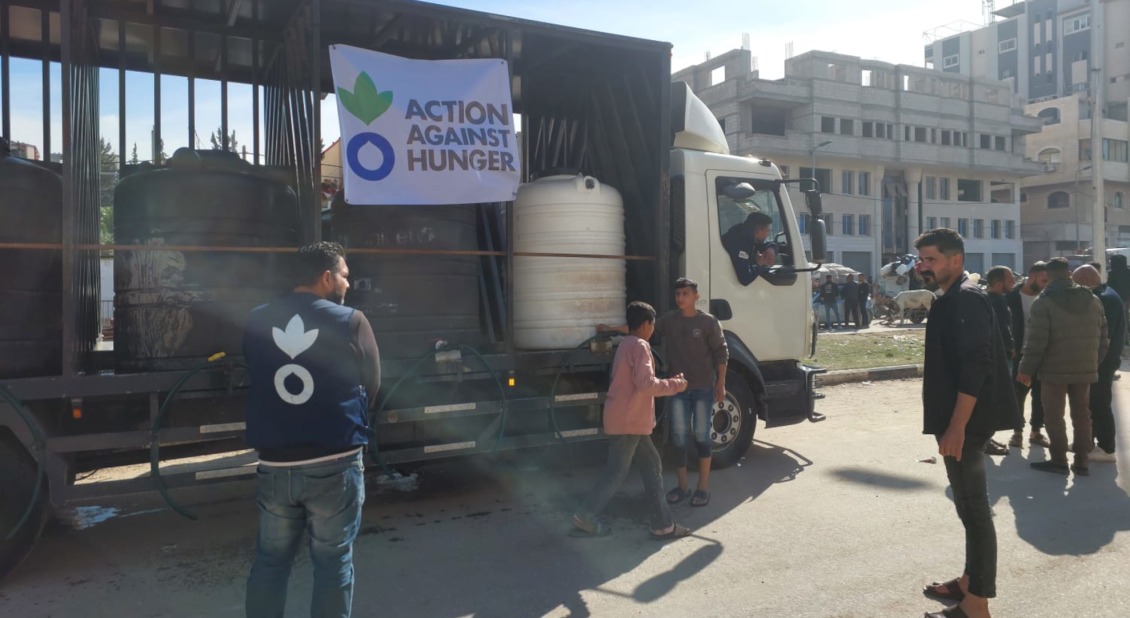
In addition to the fuel, it had also enabled the entry of more essential goods to address overwhelming humanitarian needs.
“The agreement in Gaza had, until Sunday, facilitated more goods coming in,” explains Natalia Anguera Head of Middle East Operations at Action Against Hunger. “For example, more food was being allowed in Gaza, and this allowed us, before Sunday, to make more appropriate interventions and increase aid in places we couldn’t access before. At Action Against Hunger, we were planning to enter much needed food aid into Gaza next week to support a community kitchen based in Gaza City, which going to assist over 4,000 people during the month of Ramadan, but the current restriction prevents us from being able to do so.”
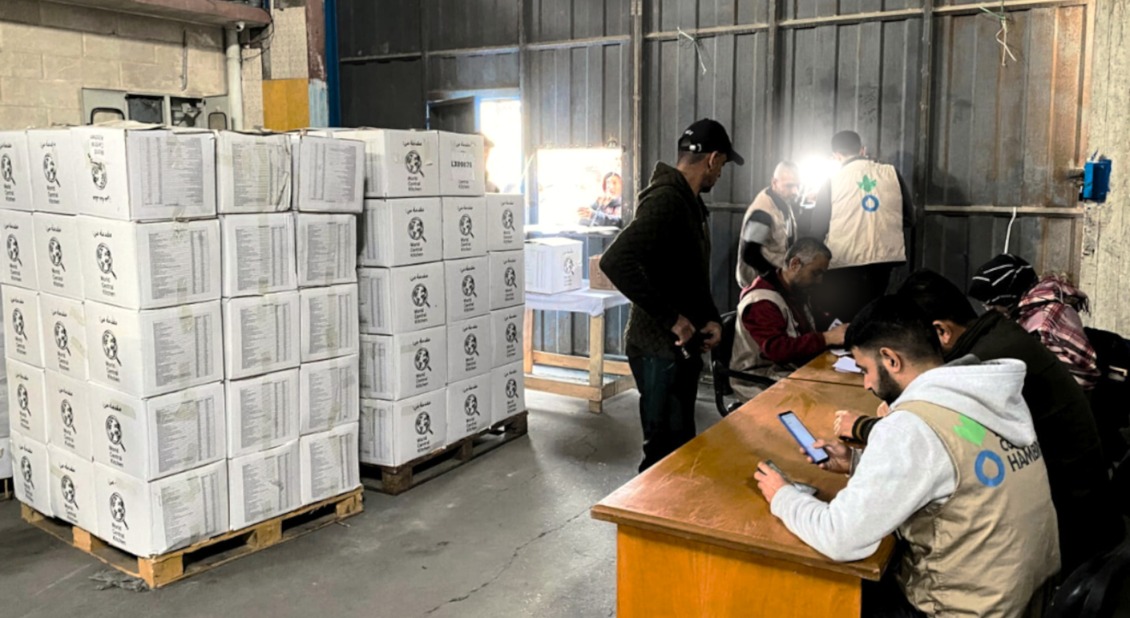
Despite these improvements, humanitarian needs remain immense, and the suspension of aid now threatens to worsen an already dire situation. “Fifteen months of displacement and conflict have resulted in the dependence of the population on humanitarian aid,” warns Anguera. “The inflow of humanitarian aid should be much higher to try to compensate for everything that has been lost so far.”
The suspension of aid not only puts the lives of millions of people at risk but also makes the work of humanitarian organizations extremely difficult. “It’s going to be very, very hard,” explains an Action Against Hunger worker in Gaza. He continues: “Although we at Action Against Hunger had already considered this possible scenario, it is going to be a difficult task to have to readjust our plans and our supply work based on this new situation, which is going to lead to changes in needs and priorities.”
Prices, moreover, had been reduced, although not to levels prior to the start of the conflict in October 2023. “Since the suspension of humanitarian aid inflows, we are seeing a significant increase in the prices of goods on the local market,” explains the Action Against Hunger worker in Gaza. “We have to take into account that most people don’t have jobs, so they don’t have a regular income. Purchasing power is still very limited. At Action Against Hunger, we are running cash assistance programs, which were much more efficient at a time when prices had come down a bit,” he explains.
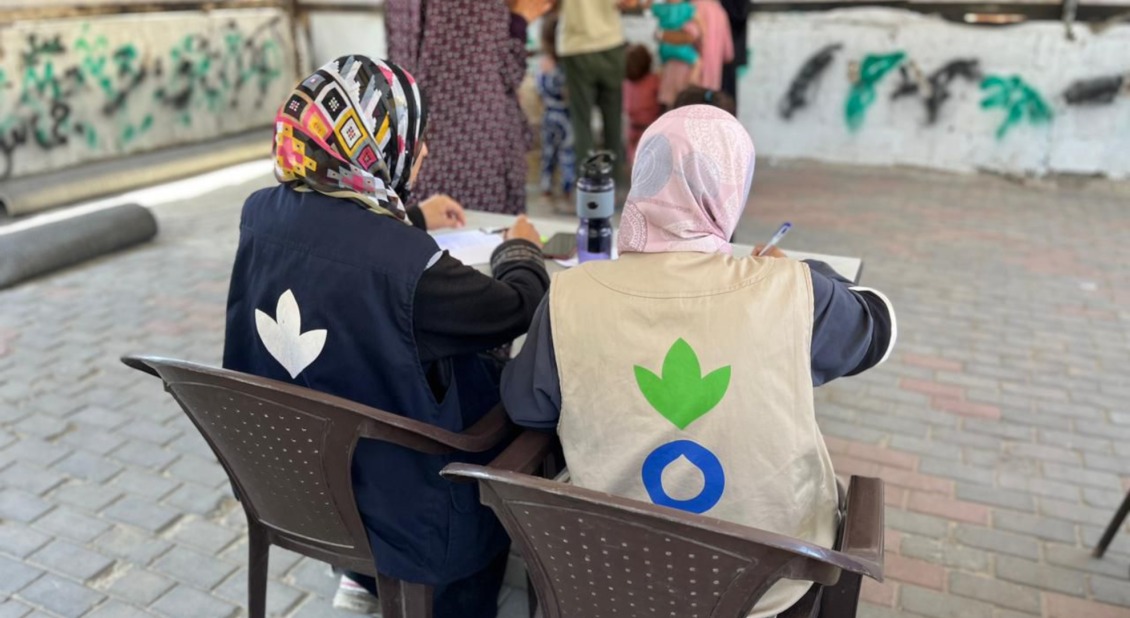
“This scenario is very difficult for our Palestinian colleagues in Gaza, because they can’t take it anymore, they can’t visualise it and they tell you that they won’t be able to move again”, expresses the Action Against Hunger worker in Gaza.
Humanitarian needs remain enormous. “If water, food and shelter were needed during the conflict, they are still needed today,” explains Natalia Anguera. Another Action Against Hunger staff member cites the sanitation situation in the north as an example: “The entire population that was previously overcrowded in the south is now back to being overcrowded, only in the north, which has nearly no buildings left standing. The population has to move back into camps: there is no space and no infrastructure to contain exposure to disease. A few days ago, it rained heavily, causing the infrastructure to fail to absorb the water, causing stagnant water and sewage to flourish. Exposure to disease and pollution remains one of the most important problems to respond to”.
Natalia Anguera explains that “at Action Against Hunger, we continue to distribute water, tents, hygiene kits… All of this continues to be an absolute priority”, she concludes.
Action Against Hunger calls on the international community to support the resumption of humanitarian aid into Gaza and stresses the importance of a lasting ceasefire to allow the continued flow of aid, the reconstruction of Gaza, and the return of remaining hostages.
Join our community of supporters passionate about ending world hunger.